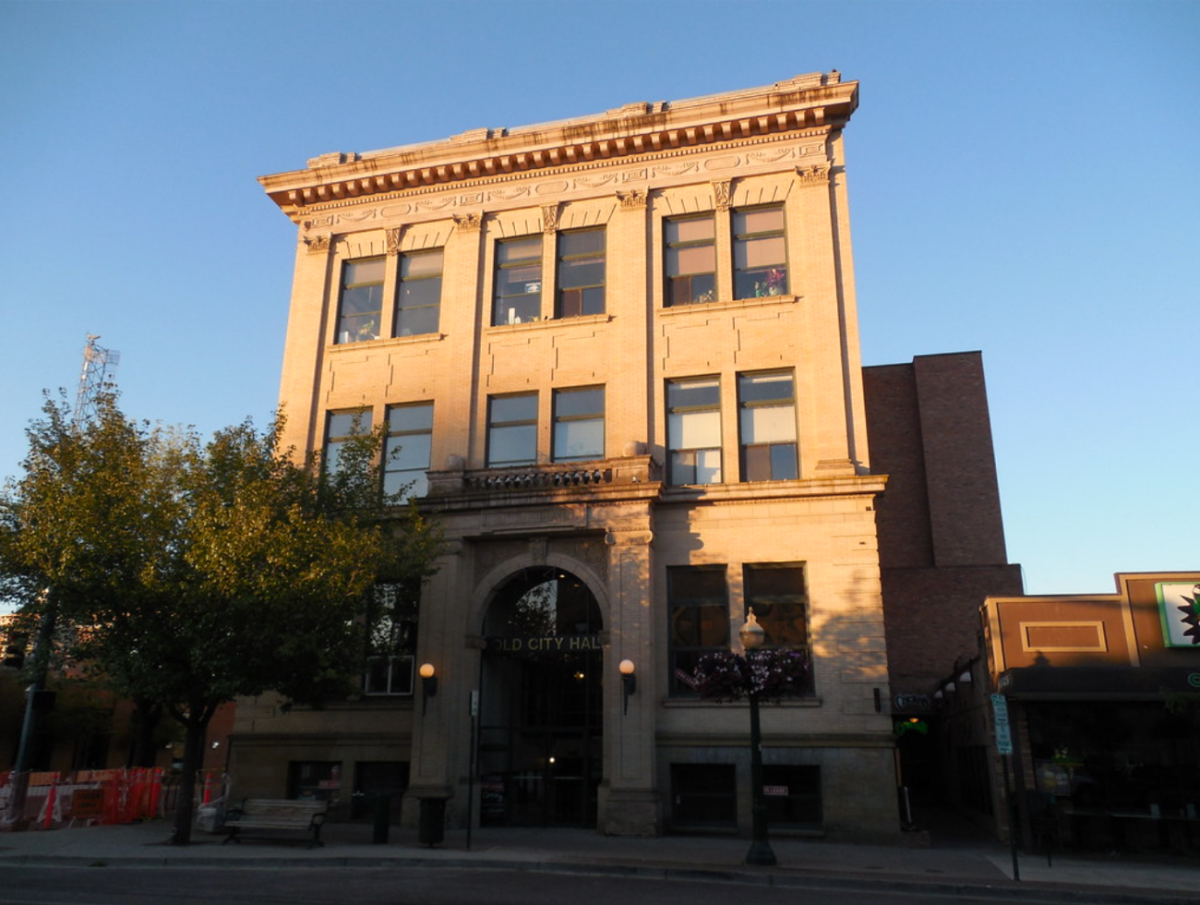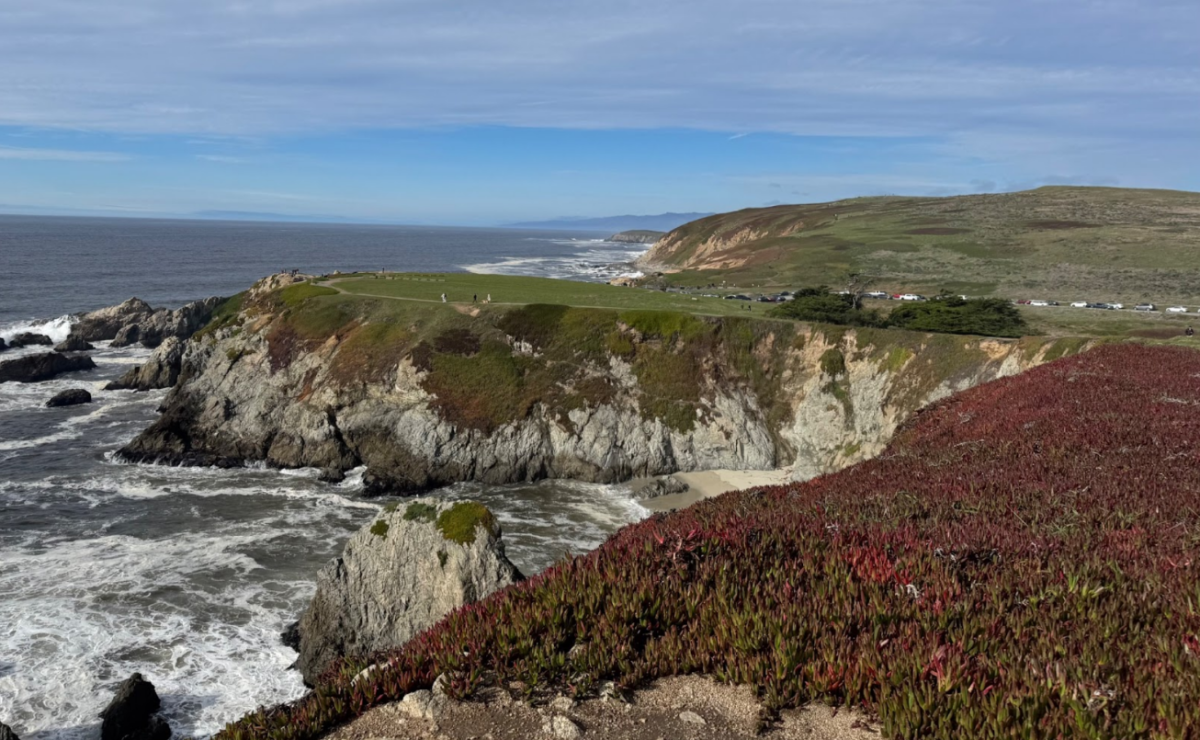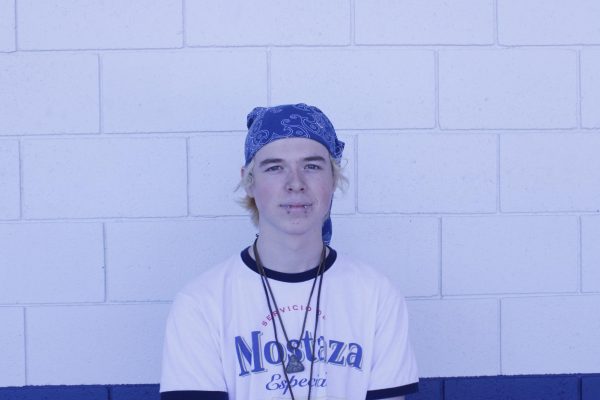For the past few weeks, signs have dotted lawns and windows talking about Measure J. Sonoma County residents are no stranger to this form of political campaigning, but this issue in particular is quite divisive for the area. You may have seen protesters take to the streets, or even activists hanging banners over highways. Measure J is certainly causing controversy, but what is it really about?
In order to talk about Measure J, certain vocabulary needs to be defined. Concentrated Animal Feeding Operations (CAFO) and Animal Feeding Operations (AFO) are terms commonly used in this issue. AFOs are farms where livestock are kept in an indoor area for 45 days a year.
AFOs themselves are not targeted by Measure J, however they are a prerequisite for CAFOs. According to Measure J, “‘Concentrated Animal Feeding Operation’ or ‘CAFO’ means an AFO which meets the definition of a Medium CAFO or Large CAFO, as defined herein, and set out by the Environmental Protection Agency in 40 CFR 122.23 as of August 2023, or which is designated as a CAFO of any size by the permitting authority[25].”
A medium CAFO can be defined as an AFO that falls within a size range that a table designates and either has a man-made ditch that carries animal waste to surface water, animals come into contact with surface water in their enclosure, or is considered a significant contributor to pollutants. A large CAFO is an AFO that falls within what the table considers a large number of animals.
Those in favor of Measure J cite 4 main reasons why the measure should be passed; Protecting animals, public health, small farms, and the environment. These may be good intentions, but the manner in which Measure J goes about protecting these ideals is often convoluted and doesn’t truly have the county’s best interests at heart.

Proponents of Measure J cite that by reducing livestock farming in Sonoma County greenhouse gas emissions will reduce as well, due to 14.5% of all greenhouse gas emissions resulting from livestock farming. However, this won’t cause the demand for animal products in Sonoma County to diminish.
In fact, surrounding counties will have to pick up the slack and increase their greenhouse gas emissions by having to produce more animal products. Those products would still have to be packed and shipped to Sonoma County, which causes an overall increase in worldwide greenhouse gas emissions due to the burning of fossil fuels to transport the products to Sonoma County.
Although Measure J won’t directly affect small family farms, it will affect generational family farms, such as Petaluma Egg Farm, Rocky and Rosie (Free Range Organic Chicken), Clover Sonoma, and Straus Family Creamery. These farms have a huge economic impact in Sonoma County and employ hundreds of people. If Measure J passes, these farms will be given three years to downsize or change their facilities or they’ll face fines of nearly $10,000.
Public health is another common talking point concerning CAFOs and Measure J. It’s believed that due to the large number of livestock living in CAFOs, diseases such as avian flu could spread more easily. Although many diseases affecting humans do originate from animals, about 70% in recent decades, there are other ways to go about limiting the spread of diseases besides completely shutting down CAFOs. Practices involving sanitizing farm equipment and keeping running water clean drastically improve living conditions for the animals, which connects back to the main reason for Measure J in the first place.
Most people unanimously agree that livestock deserve healthy and spacious living conditions. Measure J circumvents the issue and removes CAFO farming entirely. California Prop 12, which passed in September 2022, ensures that livestock have sufficient floor space and don’t endure cruel living conditions. Legislation like Prop 12 is essential to protecting animal rights, but if policies like Measure J are passed there can be detrimental consequences to Sonoma County’s economy and culture.


























